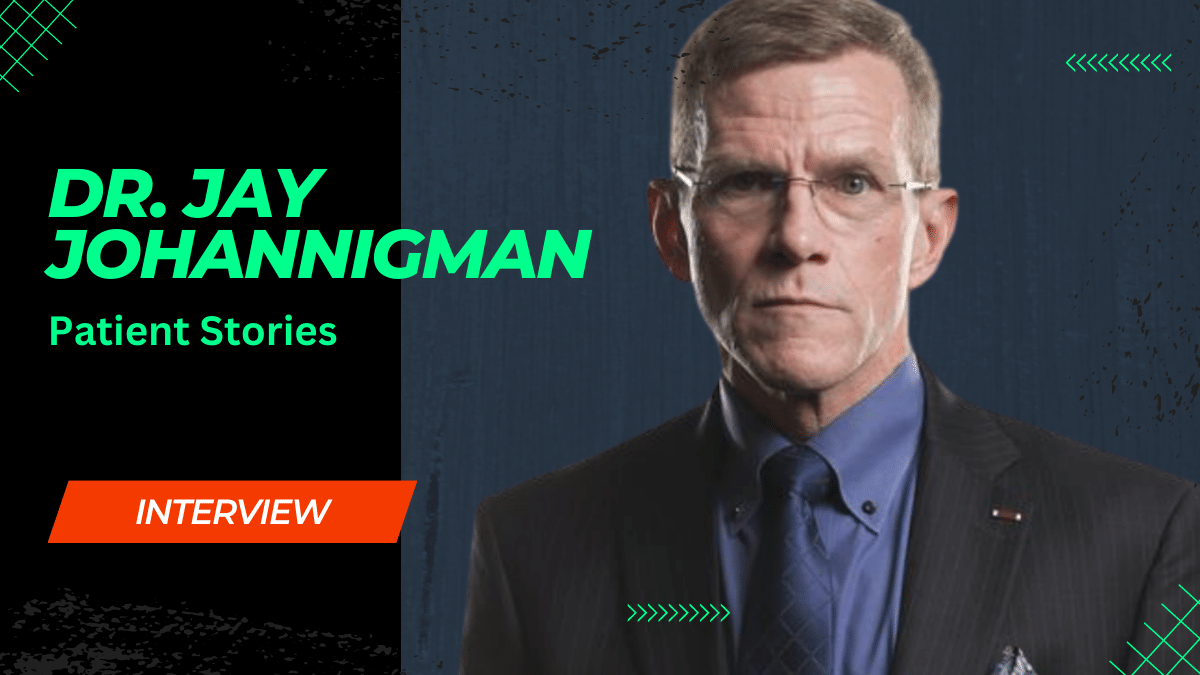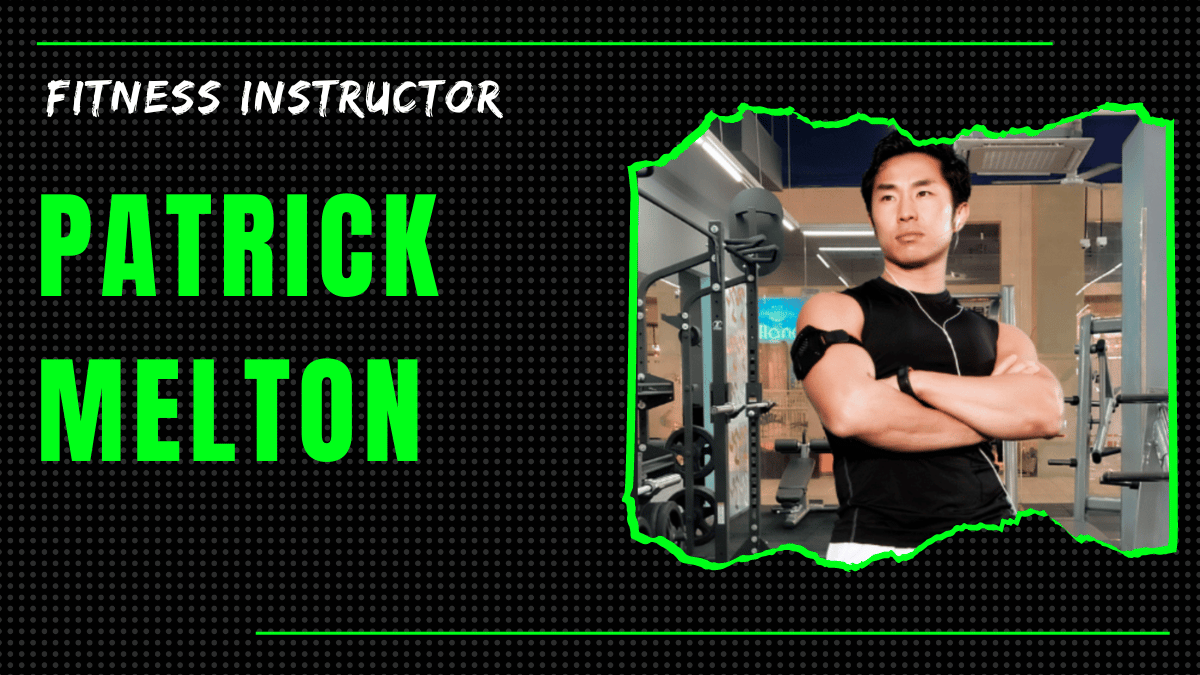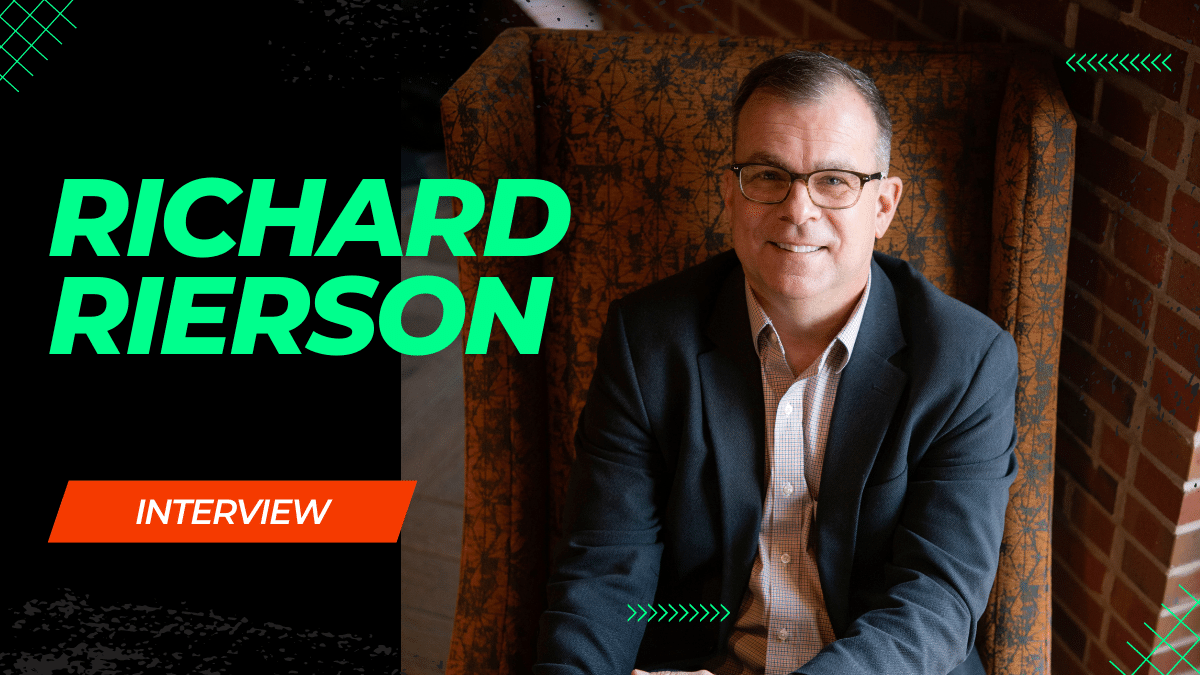Some heroes work tirelessly in trauma medicine to save lives and improve patient outcomes. Dr. Jay Johannigman, based in Denver, Colorado, is one such...
In a recent interview with Aaron Christopher Cole, a seasoned warehousing professional, we discussed the importance of understanding the significance of evolving warehousing practices....
Many people commonly experience stress, significantly impacting their health and well-being. Marsha Gay Reynolds, a health expert, explains the connection between stress and chronic...
Patrick Melton, a University of Kentucky Exercise Science Major, and Fitness Instructor know first-hand how hard it can be to reach seemingly impossible fitness...
Today’s interview is for you if you feel you’re lacking leadership skills. Richard Rierson is unlike any other coach who just says and does...
Kenneth Watterworth, a Westport, Connecticut native, was an influential figure in numerous industries and communities. His groundbreaking work in business, public service, and philanthropy...






